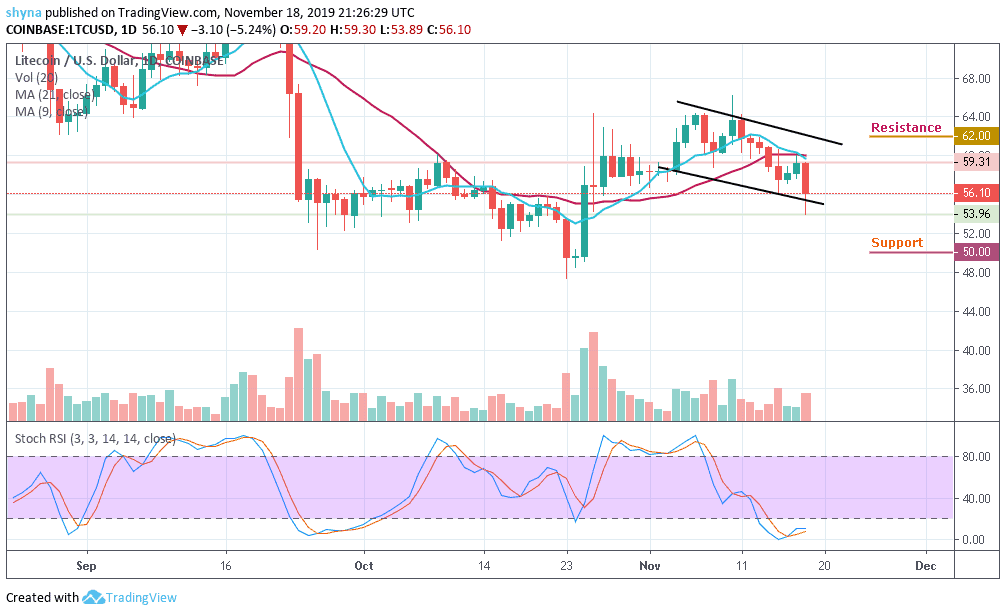Join Our Telegram channel to stay up to date on breaking news coverage
Hahn Air, an airline company, based out of Germany, announced in a blog post published on November 18 that it had developed an initiative that will see it issue blockchain-based tickets. According to the press release, the blockchain-based ticket sale initiative was made possible through a collaboration between Hahn Air and Winding Tree, a decentralized platform that serves the global travel industry.
German airline Hahn Air becomes the first to sell tickets directly on a blockchain (Ethereum), rather than using Bitpay (or a similar service). https://t.co/6IYdjyLlKI
— Omar Bham (Crypt0) (@crypt0snews) November 18, 2019
Commenting on the action, Frederick Nowotny, head of sales engineering at Hahn Air, said that the company is looking into the application of blockchain technology and how it could potentially help with travel distribution now, pending a time when it will get the type of widespread adoption that could see it become their primary source for issuing tickets to customers.
In a pilot program, Nowotny, Winding Tree founder Maksim Izmaylov, and Davide Montali, the CIO at Winding Tree, were the first passengers to book tickets via the platform.
Blockchain, crypto, and airline process automation
The intersections between blockchain technology and the airline industry are rather extensive. Blockchain powers cryptocurrencies, and these assets could be used by airlines to receive payments from clients. Now that the company has become the first actually to issue tickets via blockchain, the airline has the possibility of potentially automating their entire ticket issuance processes and moving from just basic websites that could get jammed due to traffic.
Sadly, as Nowotny himself insinuated, it would take a while before people become fully aware of the benefits that blockchain technology holds for them and the airline industry. Pending that time, though, Hahn Air has the opportunity to work out its blockchain ticketing platform and sort out the kinks in the technology. This way, they can have a ready, proper platform waiting for people as they begin to see the benefits of blockchain. The opportunity in this, of course, so that the company has the chance to get ahead of the curve.
The government could still pull the carpet
Blockchain and the use of cryptocurrencies is a banana skin in Germany, and no one knows what could happen in the next second.
@vergecurrency , a globally accepted digital currency is now available on #XcelTrip, an online travel booking platform where you can check-in at over 1.5 Million hotels and book tickets with over 400 airlines.
____
#Verge #xceltokenplus #Travelwithcrypto #blockchain #crypto pic.twitter.com/TjGUOlRH6P— Gyanendra Khadka🦁 (@GKXLAB) November 8, 2019
In the wake of Facebook announcing its Libra stablecoin, German lawmakers have been rather outspoken in their disapproval of cryptocurrencies.
Back in September, Olaf Scholz, the Finance Minister and Vice-Chancellor of Germany, encouraged parliament to reject the operation of “parallel currencies” in the country. While he was referring more to Libra at the time, there are possibilities that this rejection could spill over to other cryptocurrencies as well. If that happens, there’s no telling how much this could affect the entire crypto and blockchain space in the country.
Join Our Telegram channel to stay up to date on breaking news coverage


